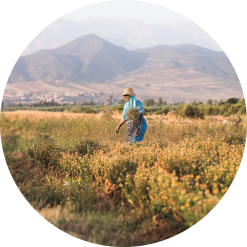Inclusive Sourcing Program
Details and eligibility criteria
What is Inclusive Sourcing?
The Inclusive Sourcing program is L’Oréal’s social and inclusive purchasing program, launched in 2010. Each year, L’Oréal sourcing teams in partnership with suppliers dedicate a substantial part of their budgets to cocreate inclusive programs and to open the Group’s calls for tenders to companies that employ people from vulnerable communities to allow them to have durable access to work and income. Also, the program is aimed at companies that traditionally do not have access to large calls for tenders of multinational companies.
The Inclusive Sourcing program involves for example: fair trade producers, companies which employ disabled workers, social insertion enterprises or companies owned by minorities (when this is permitted by the national legislation).
The program covers all purchasing categories (Raw Materials, Packaging, Contract-Manufacturing, Promo & Retail, Marketing, Business services, Logistic Industrial & Supply + Media & CMI) and has been deployed in all geographic zones where L’Oréal operates.
The ambition of the program is to associate economic performance with a positive social impact.
When was the Inclusive Sourcing program launched?
The program was launched in 2010. It is part of L’Oréal’s sustainability program. In June 2020 L’Oréal announced new sustainability commitments for 2030 and Inclusive Sourcing is a tangible proof point for one of the three main pillars - Empowering our business ecosystem.
429
Projects
67
Countries impacted
+750
Suppliers involved in the program
93,000
People gained access to work through the Inclusive Sourcing program, in 2022.
Our objective for 2030 is to reach 160,000 beneficiaries.
42,571
Beneficiaries from projects linked to female empowerment.
86
Third parties, including NGOs and associations.
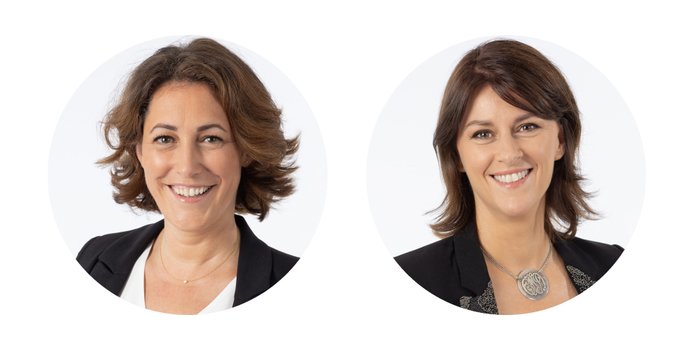
“Along with our suppliers, it is our everyday mission to bring positive and sustainable impact to communities with which we engage. Our teams are united to contribute to sustainable development and social inclusion”
Audrey Izard, Chief Purchasing Officer Indirect Sourcing of L’Oréal
and Séverine Théry-Cave, Chief Purchasing Officer Direct Sourcing of L’Oréal
Why did L’Oréal decide to launch the Inclusive Sourcing Program ?
Thanks to its large number of purchasing activities and its many entities all over the world, L'Oréal contributes to a large number of local integration projects.
L’Oréal has decided to use its important purchasing power to have a positive impact to go beyond its direct footprint. We apply our Diversity & Inclusion strategy to our suppliers, who represent our “extended ecosystem”.
Its aim is to open the Group’s calls for tenders to companies that employ people from vulnerable communities to allow them to have a durable access to work and income. Also, the program is aimed at companies that traditionally do not have access to large calls for tenders of multinational companies.
The program has been recognized by public institutions and NGOs e.g. United Nations and has been identified as the best practice for inclusive sourcing program by B4IG*
*B4IG (Business for Inclusive Growth) is a global CEO-led coalition of companies fighting against inequality in terms of income, opportunity and geography, powered by the OECD
Inclusive Sourcing Awards
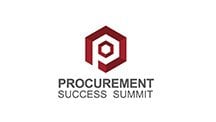
PSS DIVERSITY & INCLUSION AWARD
2022, NORTH ASIA
Global recognition of L'Oréal's Solidarity Sourcing program and its social impact by the PSS, one of the world’s three major business procurement summits.
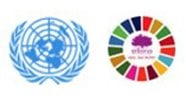
GEEIS-SDG AWARD IN UNITED NATIONS HQ
2019, 2021, INTERNATIONAL
For the L’Oréal Solidarity Sourcing contribution to the United Nations Sustainable Development Goals (SDGs) notably Gender Equality.
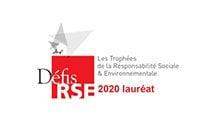
TROPHY DÉFIS RSE IN SOCIAL INCLUSION CATEGORY
2020, FRANCE
L'Oréal was awarded by the Trophée Défis RSE 2020 thanks to the Solidarity Sourcing program for social inclusion.
